
On Wednesday, 6th June 2018, BU’s Research and Knowledge Exchange Office will be facilitating a STEAMLab event on Virtual problems.
Which means…?
We’re seeking to come up with novel research which addresses the challenges of new immersive technology.
So, who should attend?
We want anyone who thinks they might have something to contribute, and who is available all day on Wednesday 6th June to come along. We will also be inviting relevant external attendees to contribute to the day. We welcome academics, NGO/business/government representatives/SMEs who wish to contribute to having a positive impact through addressing the challenges.
What do I need to prepare in advance? What will the STEAMLab entail?
Absolutely nothing in advance. During the STEAMLab, you’ll be guided through a process which results in the development of research ideas. The process facilitates creativity, potentially leading to innovative and interdisciplinary research ideas. These ideas will be explored with other attendees, and further developed based on the feedback received.
What if I don’t have time to think about ideas in advance?
You don’t need to do this. Some inspiring speakers with a range of backgrounds will be coming along to give your ideas…
What about afterwards? Do I need to go away and do loads of work?
Well… that depends! The STEAMLab will result in some novel research ideas. Some of these may be progressed immediately; others might need more time to think about. You may find common ground with other attendees which you choose to take forward in other ways, such as writing a paper or applying for research funding. Support will be available to progress project ideas after the day.
What if my topic area is really specific, such as health?
Your contribution will be very welcome! One of the main benefits of a STEAMlab event is to bring together individuals with a range of backgrounds and specialisms who are able to see things just that bit differently to one another.
So, is this just networking?
Definitely not! It is a facilitated session with the primary intention of developing innovative research ideas, which also enables the development of networks. It gives you the opportunity to explore research ideas which you may develop over time, together with the chance to find common ground with academics from across BU and beyond.
So, how do I book onto this event?
To take part in this exciting opportunity, all participants should complete the Virtual Problems-challenges-STEAMLab-Application-Form and return this to RKEDevFramework@bournemouth.ac.uk by 25th May. Places are strictly limited and you will be be contacted to confirm a place place on the STEAMLab with arrangements nearer the time. The event will be held in Bournemouth at the Fusion building.
By applying, you agree to attend for the full duration of the event on 6th June (c. 9:30 – 16:30). Spaces will be confirmed on 1/6/18.
If you have any queries prior to submitting your application, please contact Alexandra Pekalski RKEO Research Facilitator.
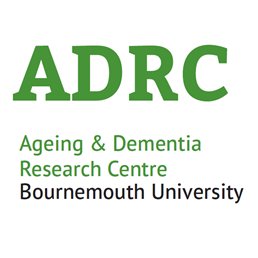


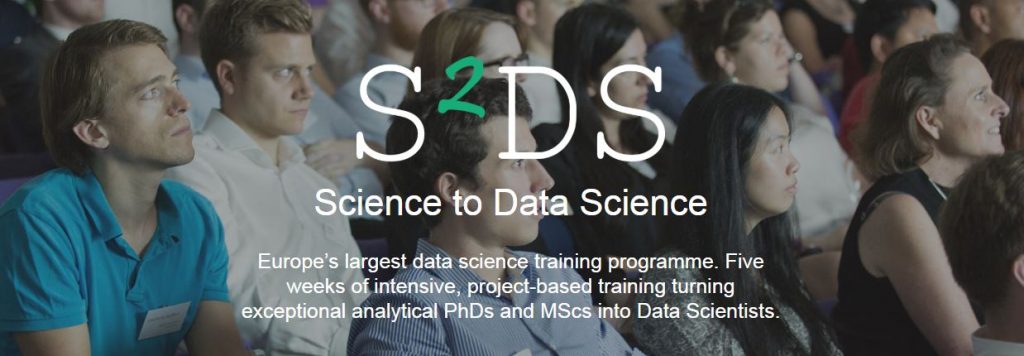



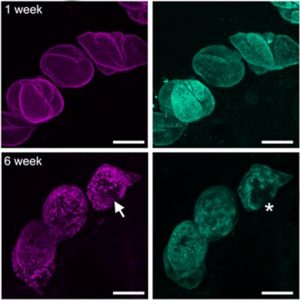 We all get old. Whilst this can be graceful, it’s often associated with an increased incidence of physiological complications. Loss of kidney function in ageing may be mitigated against if we could identify changes at the earliest opportunity. However, studying this process in humans at a molecular and cellular level is extremely difficult, so model organisms are required.
We all get old. Whilst this can be graceful, it’s often associated with an increased incidence of physiological complications. Loss of kidney function in ageing may be mitigated against if we could identify changes at the earliest opportunity. However, studying this process in humans at a molecular and cellular level is extremely difficult, so model organisms are required.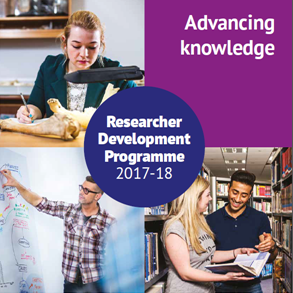

 Every BU academic has a
Every BU academic has a  By clicking on this box, on the left of the Research Blog home page just under the text ‘Funding Opportunities‘, you access a
By clicking on this box, on the left of the Research Blog home page just under the text ‘Funding Opportunities‘, you access a 



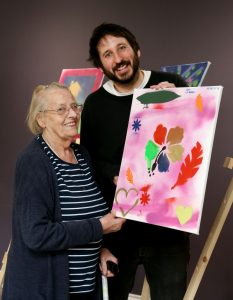
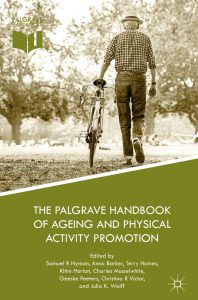

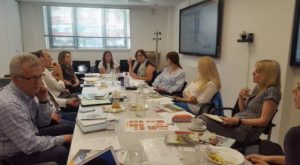
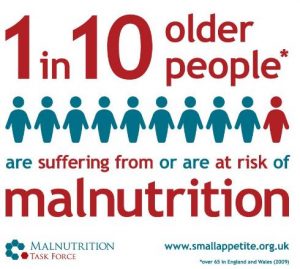











 BU Leads AI-Driven Work Package in EU Horizon SUSHEAS Project
BU Leads AI-Driven Work Package in EU Horizon SUSHEAS Project Evidence Synthesis Centre open at Kathmandu University
Evidence Synthesis Centre open at Kathmandu University Expand Your Impact: Collaboration and Networking Workshops for Researchers
Expand Your Impact: Collaboration and Networking Workshops for Researchers Visiting Prof. Sujan Marahatta presenting at BU
Visiting Prof. Sujan Marahatta presenting at BU 3C Event: Research Culture, Community & Can you Guess Who? Thursday 26 March 1-2pm
3C Event: Research Culture, Community & Can you Guess Who? Thursday 26 March 1-2pm ECR Funding Open Call: Research Culture & Community Grant – Apply now
ECR Funding Open Call: Research Culture & Community Grant – Apply now ECR Funding Open Call: Research Culture & Community Grant – Application Deadline Friday 12 December
ECR Funding Open Call: Research Culture & Community Grant – Application Deadline Friday 12 December MSCA Postdoctoral Fellowships 2025 Call
MSCA Postdoctoral Fellowships 2025 Call ERC Advanced Grant 2025 Webinar
ERC Advanced Grant 2025 Webinar Update on UKRO services
Update on UKRO services European research project exploring use of ‘virtual twins’ to better manage metabolic associated fatty liver disease
European research project exploring use of ‘virtual twins’ to better manage metabolic associated fatty liver disease